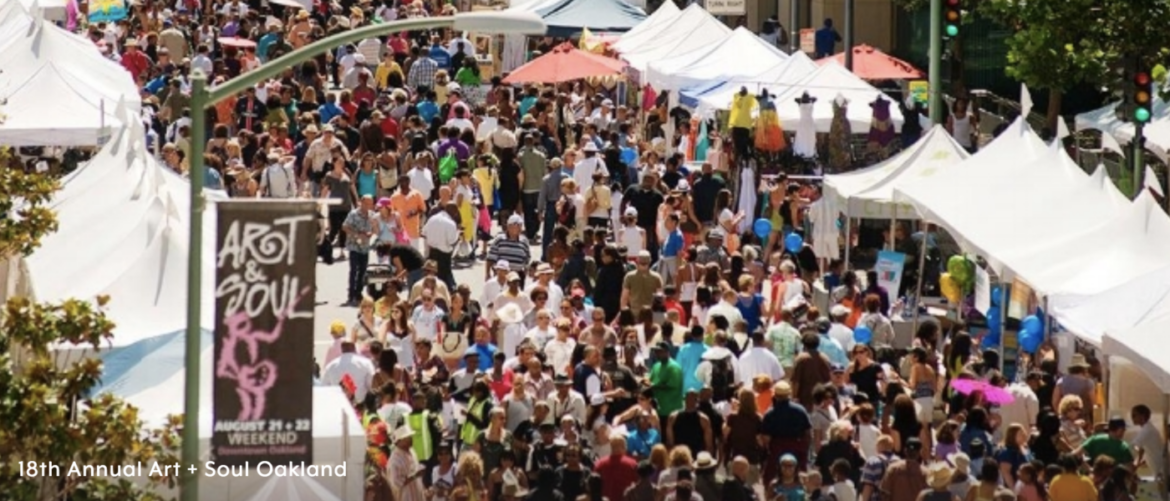OAKLAND – Oakland Mayor Libby Schaaf and the city’s cultural affairs manager Roberto Bedoya released a new cultural plan Monday that they say will lift up the role of culture in building a just and equitable city.
Speaking at a news conference at City Hall, Schaaf and Bedoya said the idea behind the plan, which was approved by the City Council after a lengthy community engagement process and is the city’s first cultural plan in
30 years, is that every resident in every neighborhood has access to cultural amenities.
Schaaf said the 114-page plan “gives voice to the idea that we all belong to each other as Oaklanders and affirms that our civic well-being is deeply rooted in Oakland’s long-term artistic and cultural health.”
The plan “illustrates the vibrant and diverse ways our city understands itself as a community of creativity and care — and how we envision the path forward to maintain our unique identity,” the mayor said.
Bedoya said that to build on the plan and its vision, the city’s Cultural Affairs unit will launch two new initiatives in 2019. One is a grant program called “Neighborhood Voice: Belonging in Oakland” that will support art-based civic engagement projects throughout the city aimed at enlivening a healthy, just and vibrant civil society.
He said the other initiative is an artist-in-residence program in city government designed to bring new approaches to civic challenges and service delivery by engaging residents in unique ways, advancing the missions
of various city departments and helping neighborhoods.
Schaaf said artists will be “inserted in the bureaucracy” to work on practical issues such as traffic problems.
“They will see traffic safety in a different way than we will,” she said.
The plan’s summary says the plan is entitled “Belonging in Oakland” because “people’s sense of belonging is tied to their ability to lead meaningful lives, to be connected to the place they live in and the people they live among and to feel a part of something larger than themselves.”
The summary says, “To cultivate belonging, there must be more equitable racial and socioeconomic conditions for self-expression, mutual respect, empathy and acceptance.”
It says, “These conditions cannot be fulfilled without an understanding of the breadth of cultural diversity in Oakland and how different forms of expression have different needs.”
Bedoya said that in a survey conducted while the cultural plan was being developed, Oakland residents made it clear that they value the role that culture plays in their community because 91 percent of respondents said the arts and cultural activities are “essential” or “very important” to them.
Referring to artists who live and work in the city, Schaaf said, “We value this community because they contribute so much to who we are in Oakland.”
Copyright � 2018 by Bay City News, Inc. — Republication, Rebroadcast or any other Reuse
without the express written consent of Bay City News, Inc. is prohibited
